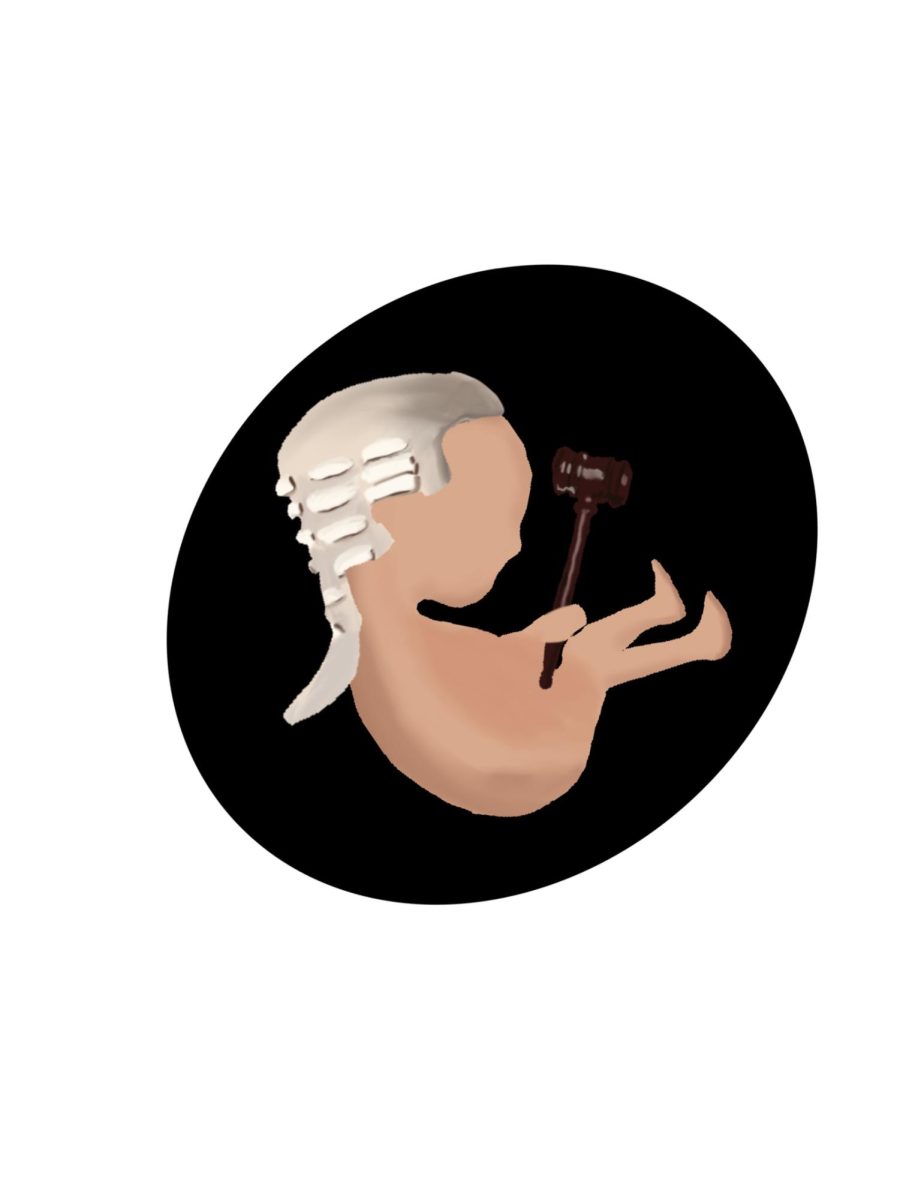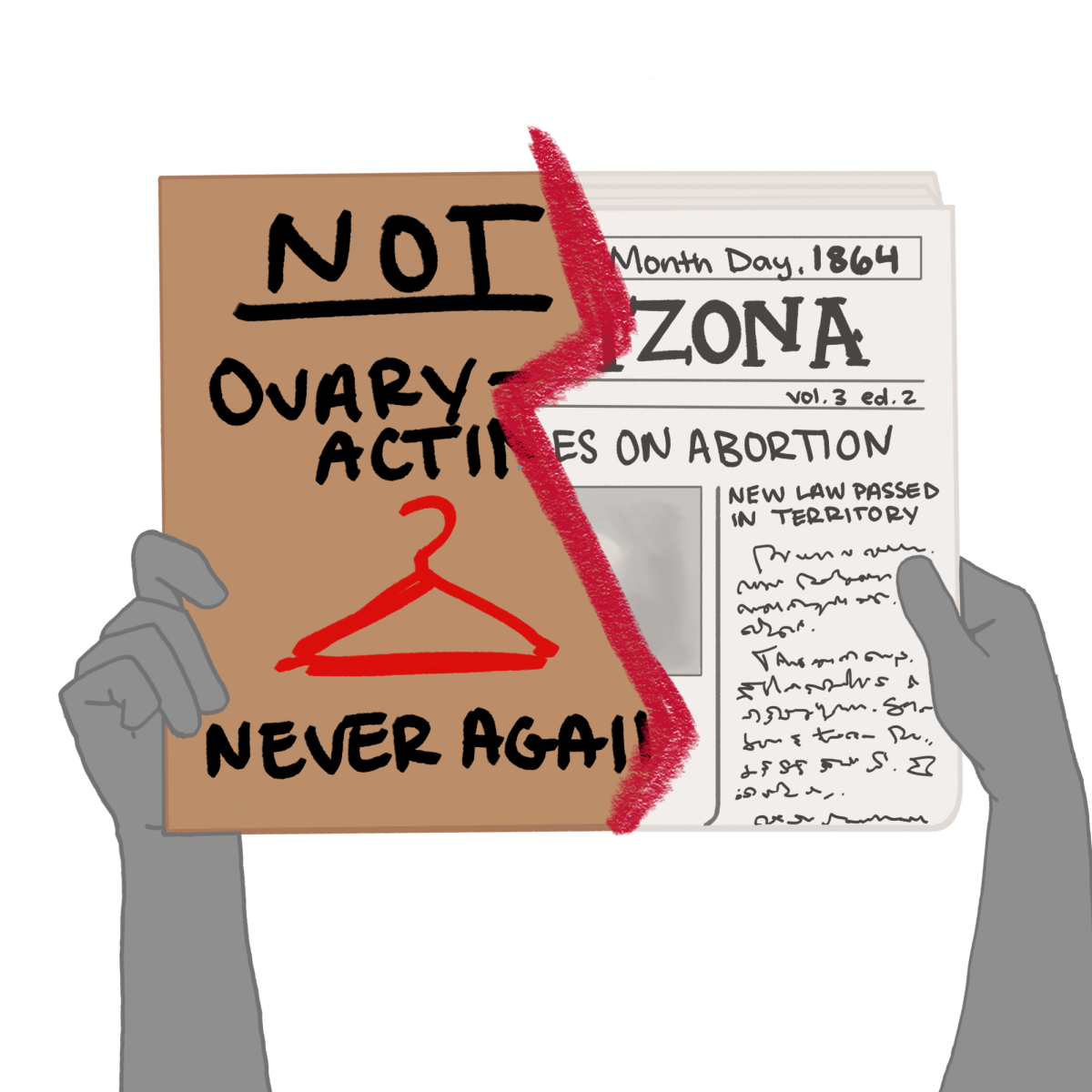Hunched over a toilet, saliva and remnants of vomit excreting from a person’s mouth. A scale which records an unhealthy decrease in a person’s weight over the course of a few days. A massive amount of food that has been cleared by one person from a fridge within an hour.
These scenes describe different eating disorders that 30 million people in America will suffer from at some point in their lifetime according to the National Eating Disorder Association (NEDA). Eating disorders are too often strongly associated with women, especially young, white women.
Of the 30 million people who suffer from an eating disorder, one-third are men – a large number that is overlooked due to a lack of awareness and discussion about men and eating disorders.
Men are pressured with societal standards to have the “perfect body” just as women are. It is important to break the stigma that body perception and self- esteem issues are women’s issues because men also feel the same pressure and suffer.
Lack of discussion of this taboo only perpetuates men’s eating disorders. While body positivity movements have sprung up in recent years, men are excluded as these campaigns are typically focused on women’s body images.
All this does not even begin to factor in the influence of age and sexuality. NEDA report show that both young and gay men exhibit higher accounts of eating disorders. The National Association of Anorexia Nervosa and Associated Disorders (ANAD) reported on a study that found 2.1 percent of sexual minority college students had an eating disorder. Masculinity plays a large part in our attitudes about eating disorders among men. Having an eating disorder is already difficult for people to discuss, and a man seeking help can be perceived as an inability to fix his own problem.
Seeking help is seen as a feminine quality, something men should not be doing according to society’s view of masculinity.
Eating disorders are often coupled with other mental health issues such as depression, anxiety and substance disorders that further make treatment and seeking help more difficult for men.
ANAD reported that of all mental illnesses, eating disorders have the highest mortality rate.
Eating disorders are a behavioral and mental health issue. Lack of discussion only leads to lack of treatment. If eating disorders persist so will life-threaten- ing issues that plague men and cause them to suffer
in silence, starve in silence, vomit in silence, binge in silence.

















